Dear friend,
I’m pretty sure that you were in situations where you have to make decisions without sufficient amount of information and just relaying on assumptions. Under such circumstances there is a quite big chance that your decision isn’t correct. What to do? We’ll discuss it in this article.
The need for progressive elaboration
In reality it’s quite complex to predict what will happen in a certain period of time. Because the real world is highly changeable and even if you strictly follow your own plans, you may be influenced by external factors, which at the end of the day will break all your plans. But if you continuously take into consideration new information and correct your plans, the probability to get the desired result tremendously increases. Such approach is relevant for project management as well. Actually all management theory refers to progressive elaboration approach. Let’s consider ITIL for example. In Continuously Service Improvement (CSI) there is PDCA cycle (Plan-Do-Check-Act). At a glance it might seem quite different. I mean, CSI and developing project plan. But all of them have the same Deming Cycle as basis. So the application might be different, but the methodology is always the same. You Plan activities, Do them, Check the result and Act with corrective actions of necessary. The rolling wave planning has this idea as a main driver.
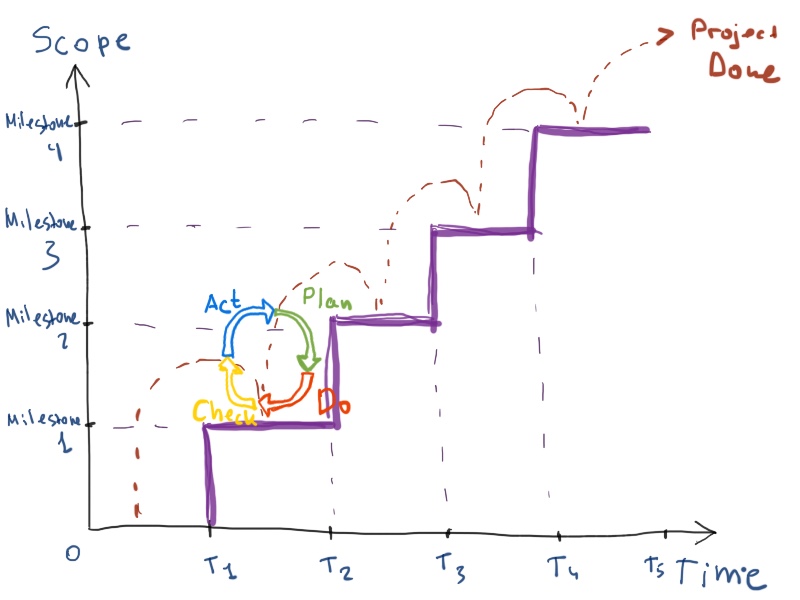
What is rolling wave planning about?
Let’s take a look on what PMBOK 5th edition says about this definition:
Rolling wave planning is an iterative planning technique in which the work to be accomplished in the near term is planned in detail, while the work in the future is planned at a higher level.
Such approach provides you possibility to focus on the tasks that must be accomplished right now. It’s quite often that the results of finished tasks in the project influence the next steps. If you want to plan everything from the beginning, you’ll have to relay on assumptions. Assumptions aren’t something bad and in any case you’ll deal with them. But their level may be quite different. For example, if don’t know the exact day (whether it’s Monday or Tuesday the next week) when the engineers will finish installation of new core routers in the network due to some problems in configuration, it might be acceptable level of assumption. But if don’t know the exact day (whether it’s in five or six or even seven weeks) when the engineers will finish installation of new core routers in the network due to absence of necessary level of power in the data center and first of all the upgrade for power system must be done, it’s another story. So you shouldn’t focus on the planning of this installation. You should focus on the more relevant topics and return back to the planning of installation when you get clear picture from power department. May be they won’t be able at all to make upgrade of the power system and your network project will be postponed.
Real world scenario
This week we’re moving data center equipment from one location to another. The project of data canter move is awesome big. It’s just impossible to plan installation of all equipment, their configuration and patching in advance. Though we were aware of these activities two month ago, we’ve started to make the detailed plans only the last week. And it has brought us good results, as all activities have been done in time. During the whole this project all the details plans are made just for one – two weeks. Such timeframe allows us to focus only at the most relevant activities right now. For sure we have regular reviews to check how our plans/activities/results correlate with goals and milestones of the project in general. But details plan are done just for the nearest work.
Lessons learned
As for me I’ve found one more advance to do “tactical” plans on a rolling wave basis. If you have to perform the work yourself or if the actual work performer asks you, it’s much easier to answer the questions, proceed with troubleshooting and so on. You just have everything you need in your head. If you’ve made a detailed plan, then you’ve done other things and then you are asked about the details of your plan in a 2 months, I’m pretty sure that you won’t be able to answer fast. There is no such entry in your active memory.
Conclusions
At the beginning of my career in the project management I always thought that all the things must be detailed planned in advance and then we just should follow the project plans. It’s almost impossible in the projects with middle to high complexity. On the one hand you will spend too much time planning details at the beginning, on the other hand you will have to deal with very high degree of uncertainty and assumptions. Therefore I did mistakes and broke the deadlines. The project plan isn’t something unchangeable. It’s a life document and you must constantly update it. There is the mantra that I’m actively using right now over all my projects:
Just establish the strategy guidelines, plan first steps and do them. Then check the result, correct it if necessary. Then repeat it.
Strategy is necessary to keep you goals clear at the any time of the project. But the progressive elaborations of plan helps you to focus on the most relevant activities right now and successfully do them.
Support us
Best Regards,
Anton Karneliuk

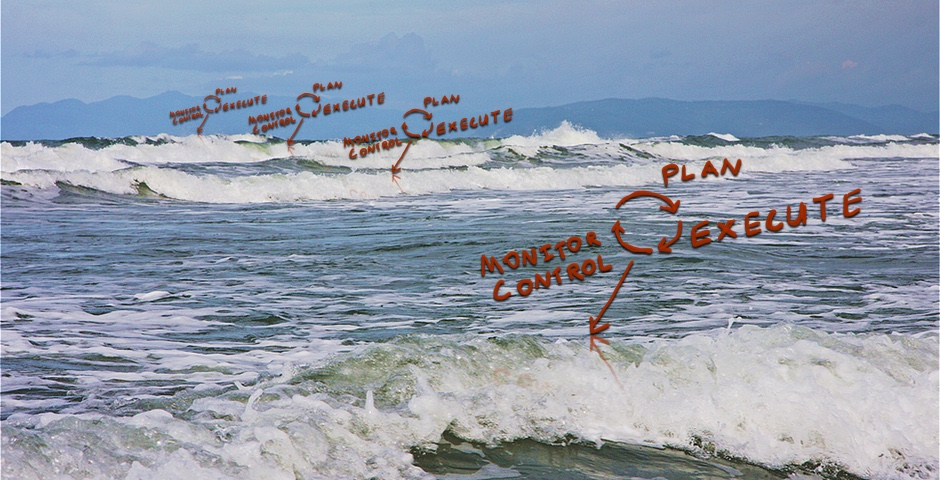
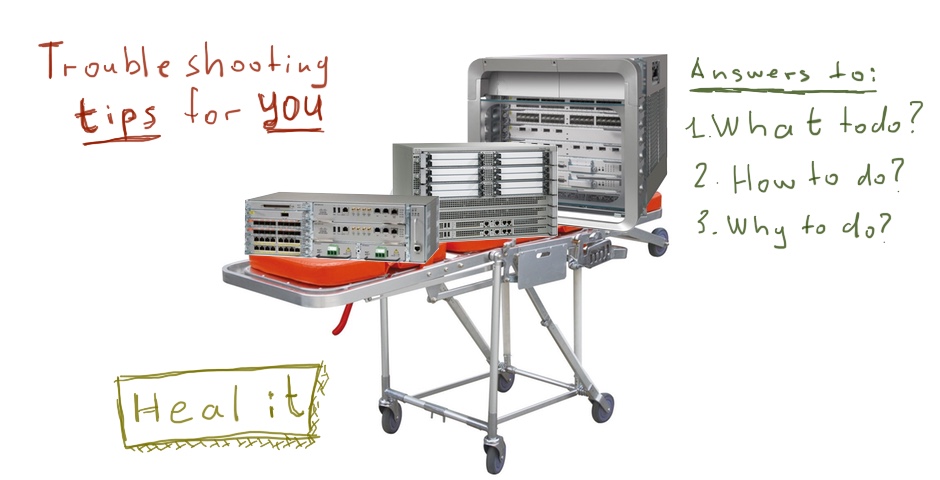


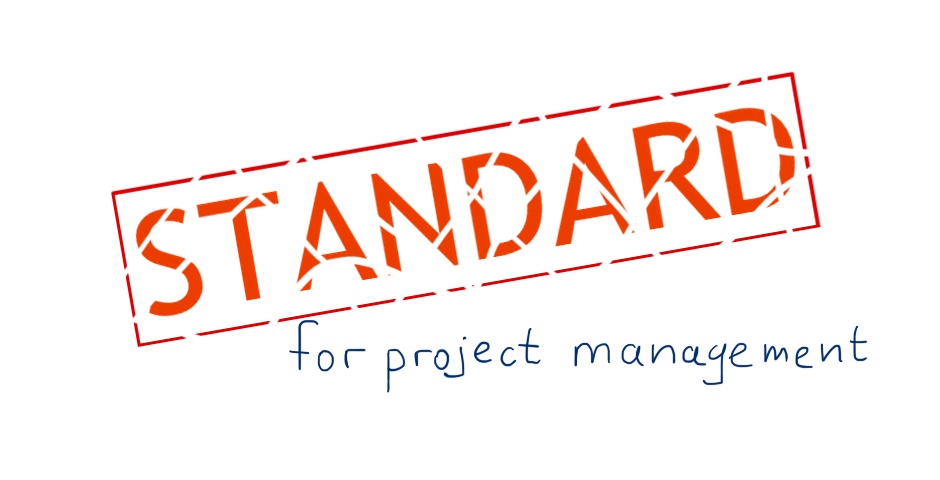
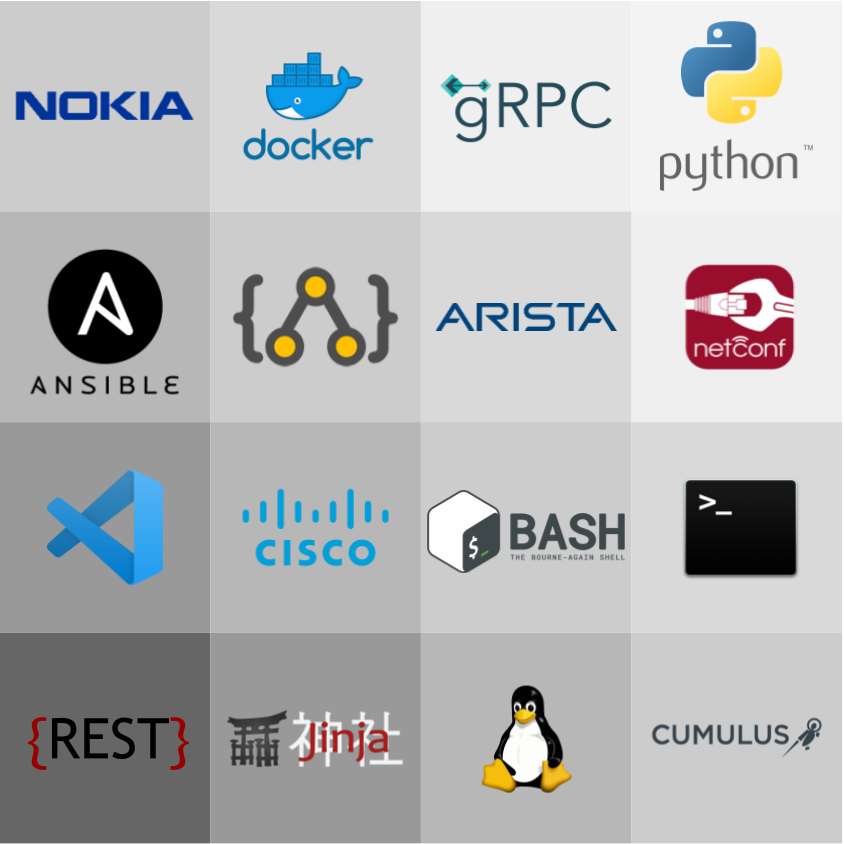
Helpful illustration, nice one!